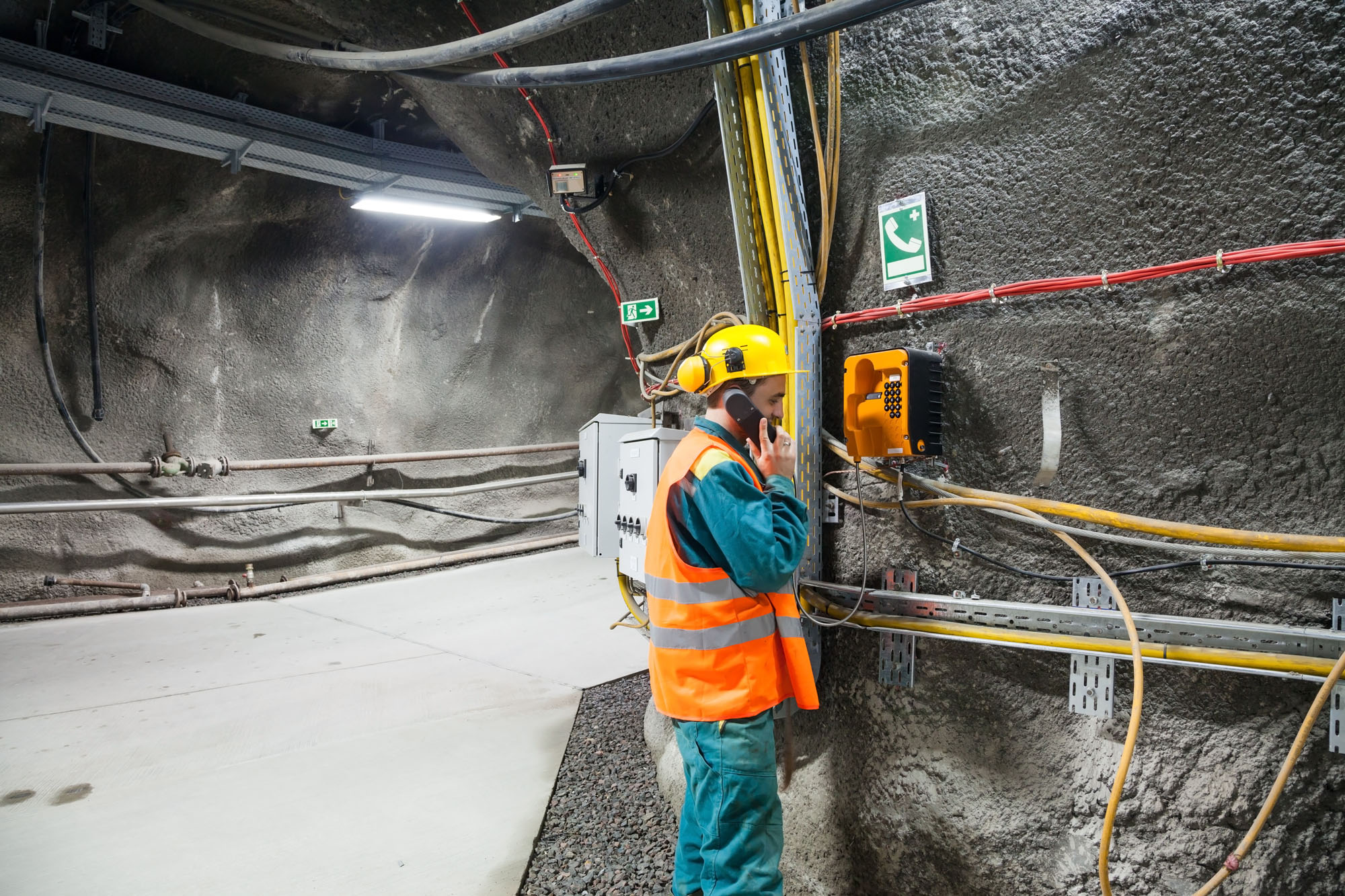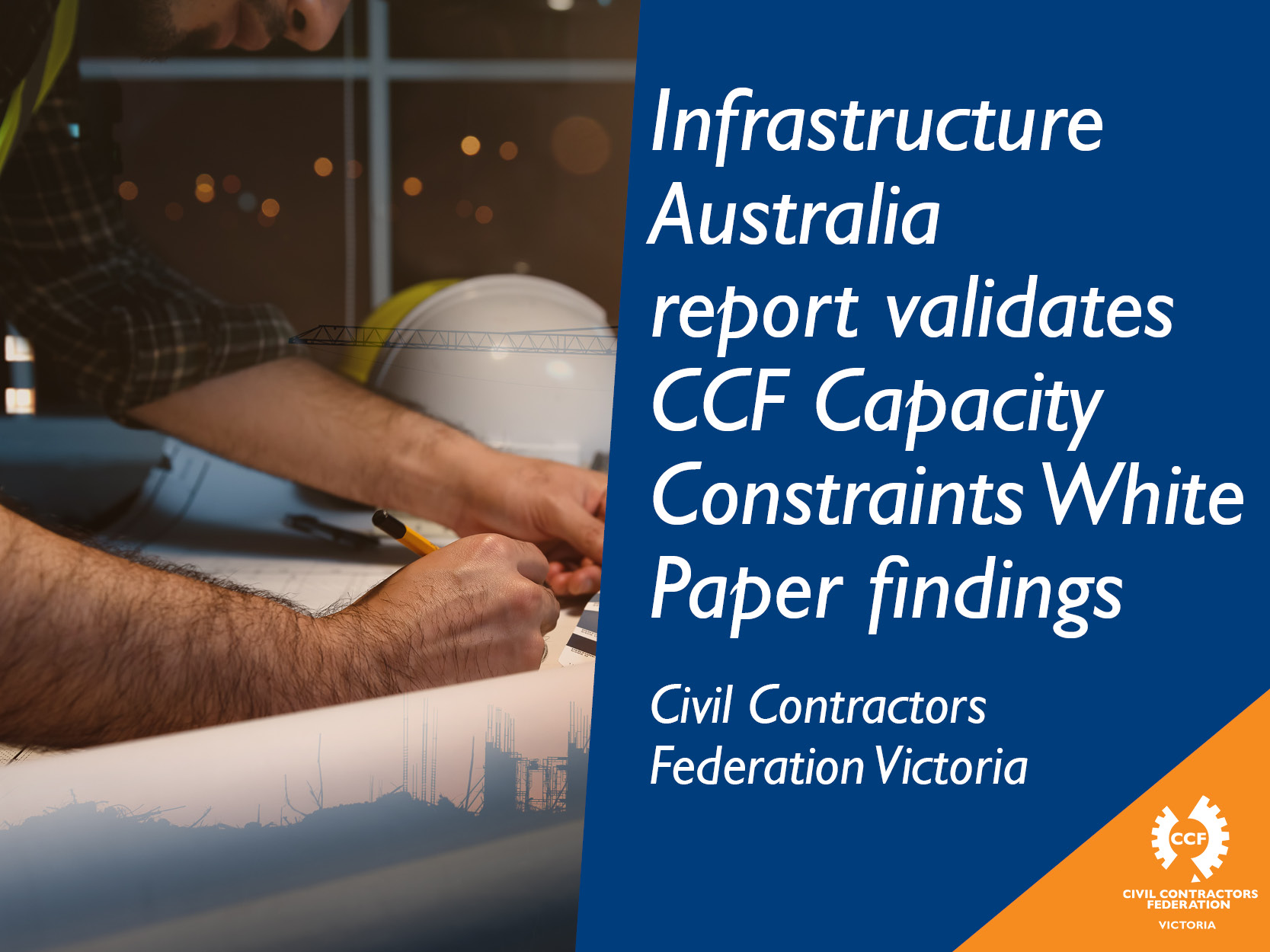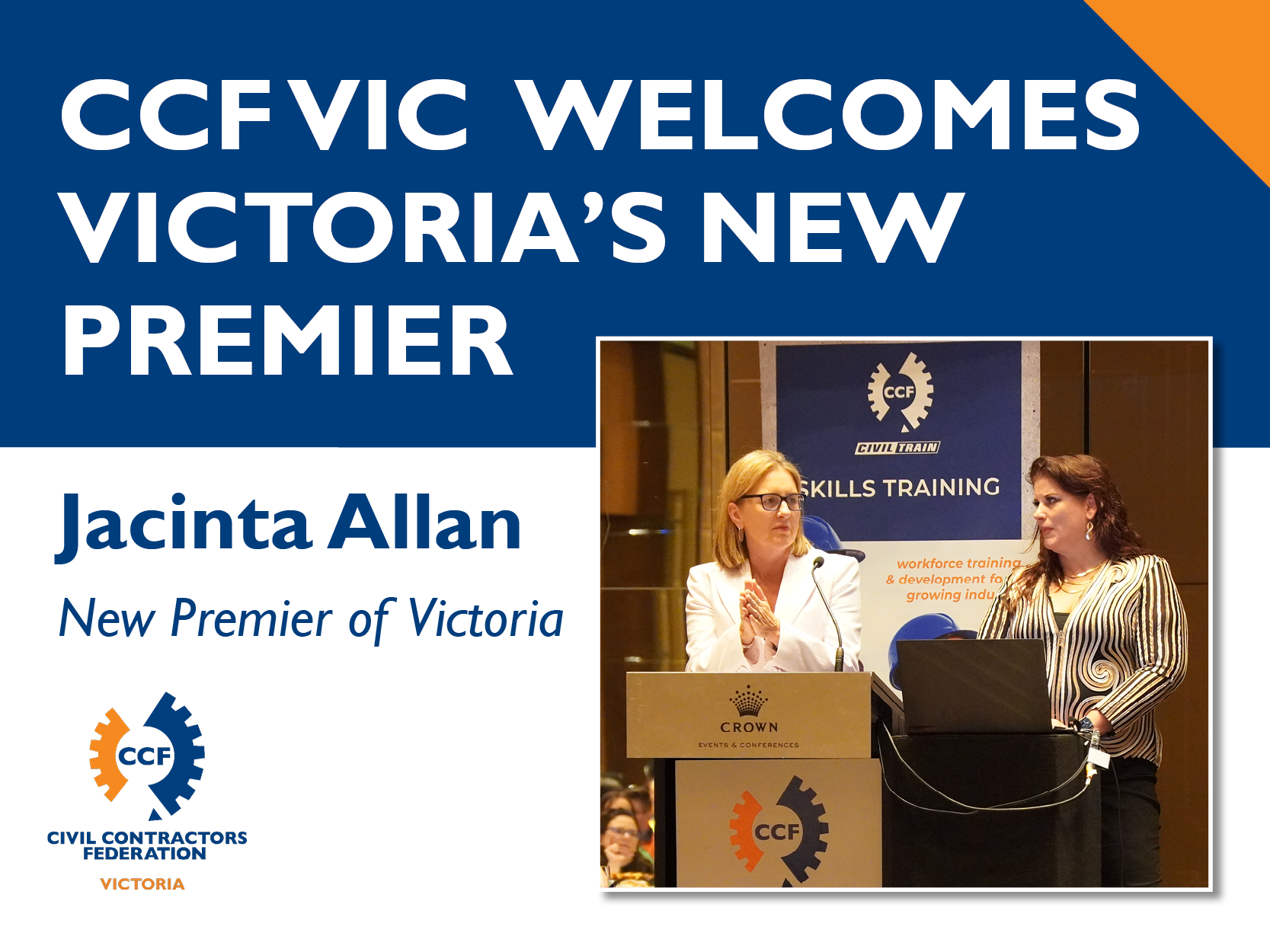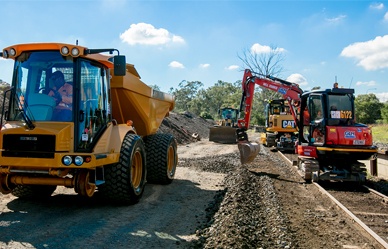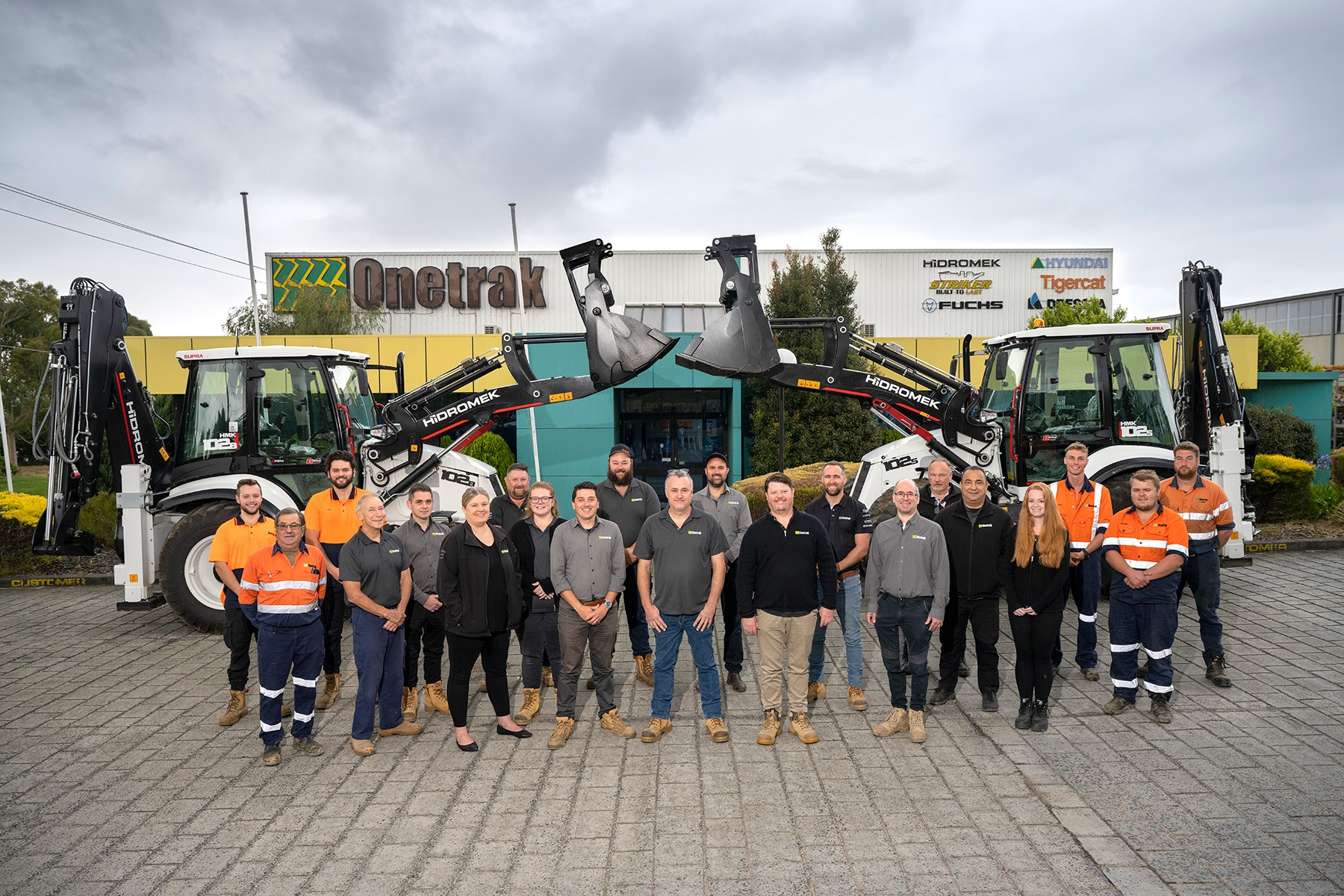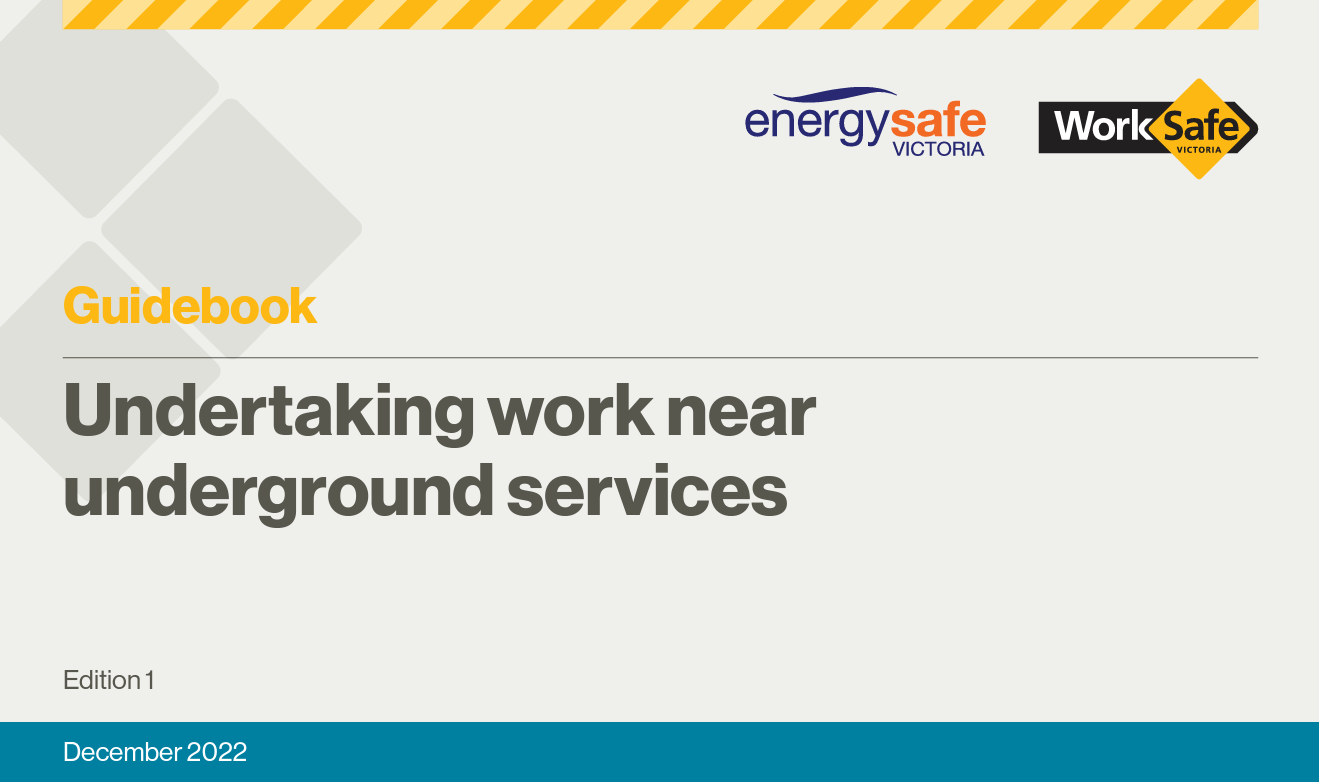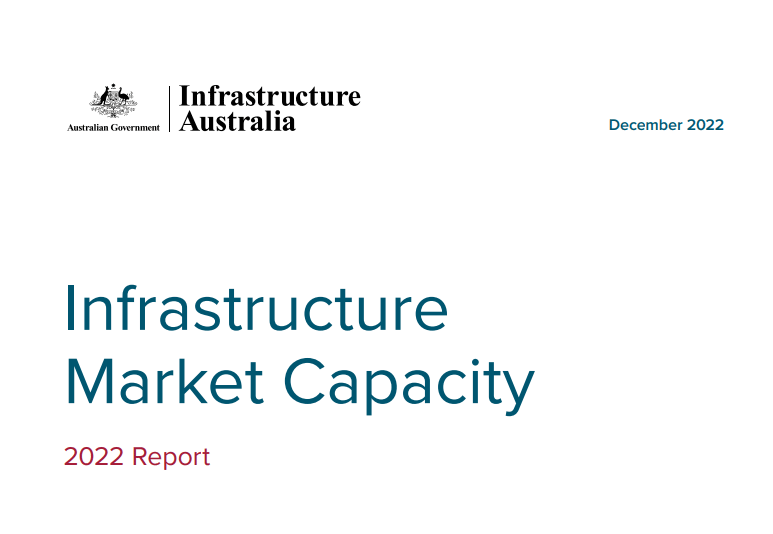As part of an ongoing advocacy campaign, CCF recently participated in a series of Construction Industry Roundtables, conducted by the Australian Government Department of Infrastructure and Regional Development.
The discussions involved a variety of industry stakeholders, and were led by Andrew Broad, Assistant Minister to the Deputy Prime Minister. A range of issues relating to the efficiency and sustainability of the construction industry were discussed as part of the proceedings, with a focus on working towards collaborative solutions to these problems.
A key question driving the Roundtable discussions was “How do we develop a construction industry that delivers value?”
The CCF reiterated its long-held policies around the need for reform and action in government procurement processes, risk allocation, and the industry-wide skills shortage. With meaningful advocacy in these areas having been previously put forward by the Victorian Civil Construction Industry Alliance through its ‘Reforming Public Construction Policy’ (2018), and the NSW Government’s ‘Ten Point Commitment to the Construction Sector’ (2018); the CCF believes that a coordinated and effective process of change is now ready to commence.
“The Civil Contractors Federation is advocating for a more balanced approach to Federal Government procurement policy that recognises the value of more local content, including greater mid-tier civil contractor participation. We believe this will result in additional benefits to communities including higher local employment opportunities, an increased and upskilled local workforce; and higher economic growth in the local community.”
CCF National CEO, Chris Melham
Procurement Approaches
A number of key points were made in relation to procurement processes for major infrastructure projects, particularly around the impact of the current models used on the long-term opportunities of firms.
- Current procurement practices are limiting for small business, restricting them from competing with larger companies.
- Government should consider segmenting larger projects, offering more manageable contracts, to encourage small-medium sized businesses to apply, win work and grow.
- The bidding/shortlisting process in Australia is found by many to be expensive and lacking in efficiency.
- “Construct Only” projects come with a significant risk burden. This is challenging for contractors, and inhibits collaboration and innovation.
- The diminishing level of procurement skills within government is having a negative effect on outcomes. Steps need to be taken by government to address this.
- The size of projects in Australia is testing the capacity of the insurance market, driving up costs. This needs to be considered as part of the procurement process.
- Increased risk of litigation is discouraging smaller contactors from applying for larger projects, inhibiting growth.
- The bespoke nature of contracts is making the tendering process significantly more complex. This is resulting in risk being pushed down onto subcontracting companies, with open-ended liability exposure.
- Leadership from government is needed in standardising contracts, in order to improve efficiencies.
Risk Allocation
The structure and surrounding processes of risk allocation were discussed, with several considerations put forward.
- It is generally felt by contractors that risk should be shared amongst those working on a project, to encourage collaboration and innovation, as well as prevent all of the risk being pushed downward.
- Those with the most capacity to manage risk should be given the responsibility of owning it.
- There are various procurement models available, and these should be considered on a project-by-project basis. If a project carries significant risk, a collaborative model such as an alliance could be employed. On a low-risk project, a “construct only” contract would be sufficient.
Skills and Market Capacity
All parties present agreed that there is a need for an industry-wide, coordinated response to workforce development. This issue warrants consideration as part of the procurement process.
- The sustainability of the industry is going to be significantly challenged by a lack of skilled workers. Initiatives such as CCF Victoria’s Civil Skills Cadetship Program can assist in addressing this issue. Continued collaboration between government, TAFE’s, industry RTO’s and contractors is essential.
- Presently, there is a disparity between Tier 1 contractors and SME’s in regards to their capacity to offer skills development. This has resulted in a trend of responsibility not always being equally distributed, at times placing pressure on smaller companies when resourcing projects.
- A smooth pipeline of work would allow for greater planning of workforce resources. Family owned, small-medium sized companies are where workers are generally employed; and they need clarity around their project timelines to avoid additional costs and disruptions.
- It has become harder to bring skilled workers into the country. Government could assist by looking at immigration law in this space.
CCF will continue to work closely with industry, stakeholders and government to achieve effective reforms that contribute to a more productive and sustainable sector. As the peak industry body for the Civil Industry, CCF is uniquely positioned to speak to these issues at both a holistic and grassroots level, providing comprehensive policy positions and practical solutions. Members are encouraged to provide feedback on these issues, and will be kept up to date on any further developments.


